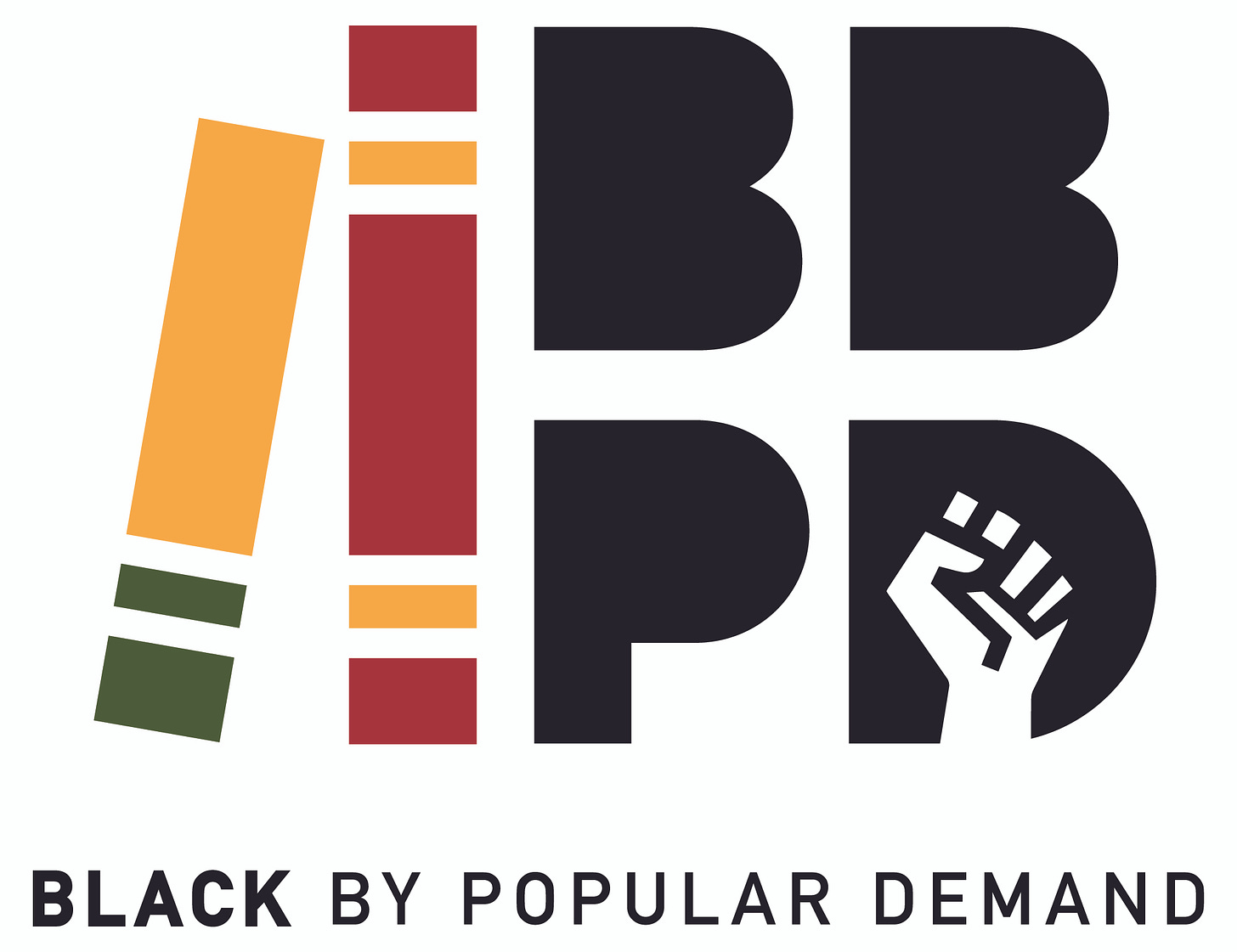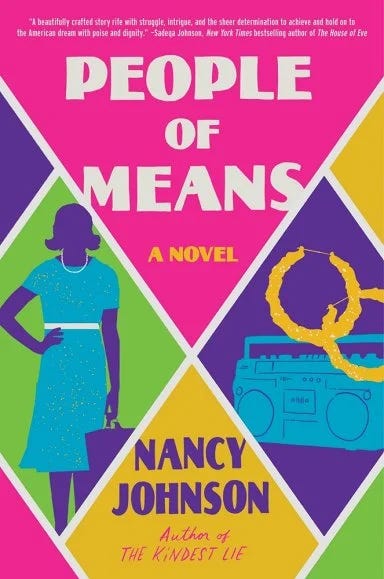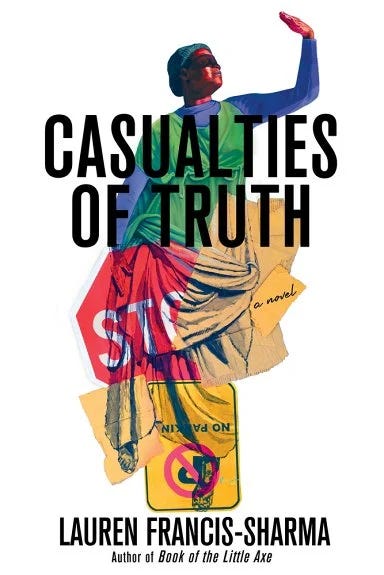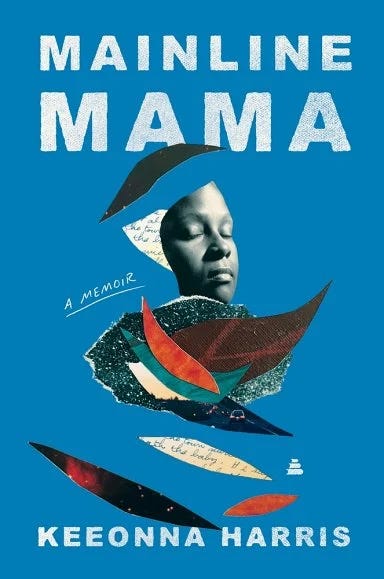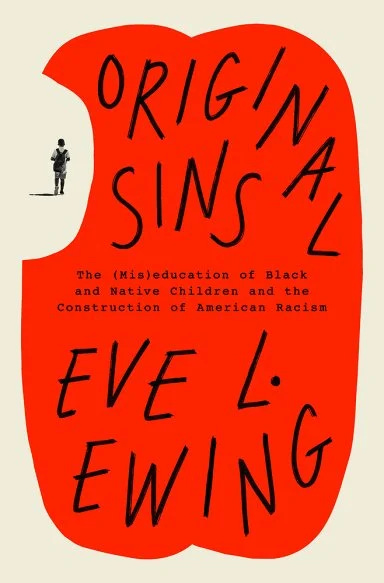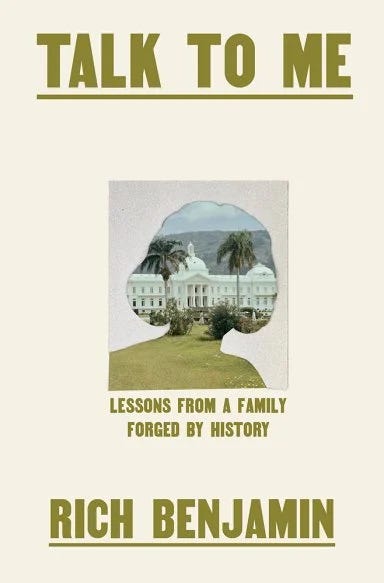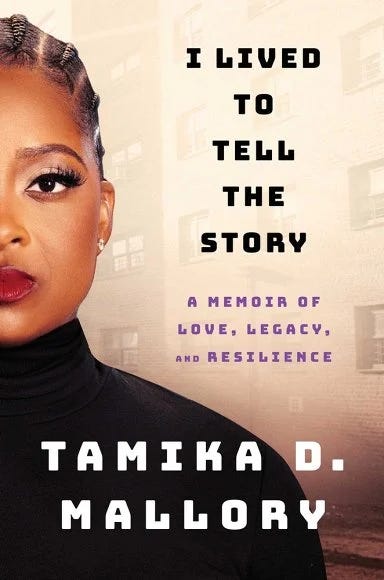For this second week of BHM, we’re sending you to the Book Worm in Power Springs, GA.
Happy Reading!
People of Means
In the fall of 1959, Freda Gilroy arrives on the campus of Fisk University full of hope, carrying a suitcase and the voice of her father telling her she’s part of a family legacy of greatness. Soon, the ugliness of the Jim Crow South intrudes, and she’s thrust into a movement for social change. Freda is reluctant to get involved, torn between a soon-to-be doctor her parents approve of and an audacious young man willing to risk it all in the name of justice. Freda finds herself caught between two worlds, and two loves, and must decide how much she’s willing to sacrifice for the advancement of her people.
In 1992 Chicago, Freda’s daughter Tulip is an ambitious PR professional on track for an exciting career, if workplace politics and racial microaggressions don’t get in her way. But with the ruling in the Rodney King trial weighing heavily on her, Tulip feels called to action. When she makes an irreversible professional misstep as she seeks to uplift her community, she must decide, just like her mother had three decades prior, what she’s willing to risk in the name of justice and equality.
(Fiction)
Casualties of Truth
Prudence Wright seems to have it all: a loving husband, Davis; a spacious home in Washington, D.C.; and the former glories of a successful career at McKinsey, which now enables her to dedicate her days to her autistic son, Roland. When she and Davis head out for dinner with one of Davis's new colleagues on a stormy summer evening filled with startling and unwelcome interruptions, Prudence has little reason to think that certain details of her history might arise sometime between cocktails and the appetizer course.
Yet when Davis's colleague turns out to be Matshediso, a man from Prudence's past, she is transported back to the formative months she spent as a law student in South Africa in 1996. As an intern at a Johannesburg law firm, Prudence attended sessions of the Truth and Reconciliation hearings that uncovered the many horrors and human rights abuses of the Apartheid state, and which fundamentally shaped her sense of righteousness and justice. Prudence experienced personal horrors in South Africa as well, long hidden and now at risk of coming to light. When Matshediso finally reveals the real reason behind his sudden reappearance, he will force Prudence to examine her most deeply held beliefs and to excavate inner reserves of resilience and strength.
(Mystery)
Mainline Mama
Keeonna and Jason met as young teens. Only fourteen, Keeonna had never had a boyfriend before, dreamed of attending Spelman to become an obstetrician, and thought she was “grown.” Within a year she was pregnant and Jason was in prison, convicted of a carjacking and sentenced to twenty-two years. Overnight Keeonna had become a “mainline mama,” a parent facing the task of raising a child—while still growing up herself—with an incarcerated partner.
In this triumphant memoir, Keeonna recalls her challenging journey as a mainline mama, from learning to overcome the exhausting difficulties of navigating the carceral system in the United States to transforming herself into an advocate for women like her—the predominantly Black and Brown women left behind to pick up the pieces of their families and fractured lives.
Keeonna speaks frankly about the forces that threatened to defeat her, how she learned to re - build her broken relationship with a mother who had lost trust in her, and how time eased the shame, guilt, and stigma of being a young Black teen mom with a partner behind bars. She offers inspiration and solace, showing how to create moments of beauty, humanity, and love—such as picking the perfect wedding dress for a ceremony in a state prison visiting room—in a place de - signed to break spirits.
(Memoir)
Frenemies with Benefits
For a place that just won an award for Best Small Town, Peachtree Cove sure has a big rumor mill. And Tracey Thompson is tired of being at the center of it. She's worked hard to make her bed-and-breakfast a success--only to have her soon-to-be ex's very public affair with her business partner result in a shocking pregnancy...and the biggest scandal around.
If the whole town is going to talk no matter what she does, maybe it's time that Tracey stopped trying to be perfect. Maybe she should start doing things for herself--like having a little fun. And Brian Nelson, the sexy nursery owner who supplies plants for all her special events, is more than willing to help.
Fresh out of a bad marriage, Brian is done with drama. Ever since high school, he's admired Tracey's strength and sass, and a friends with benefits deal sounds perfect. But now everyone in Peachtree Cove is talking. And they can all see what Brian and Tracey don't want to admit, even to themselves...that nothing complicates a simple arrangement quite like love...
(Romance)
Original Sins
The (Mis)education of Black and Native Children and the Construction of American Racism
If all children could just get an education, the logic goes, they would have the same opportunities later in life. But this historical tour de force makes it clear that the opposite is true: The U.S. school system has played an instrumental role in creating and upholding racial hierarchies, preparing children to expect unequal treatment throughout their lives.
In Original Sins, Ewing demonstrates that our schools were designed to propagate the idea of white intellectual superiority, to “civilize” Native students and to prepare Black students for menial labor. Education was not an afterthought for the Founding Fathers; it was envisioned by Thomas Jefferson as an institution that would fortify the country’s racial hierarchy. Ewing argues that these dynamics persist in a curriculum that continues to minimize the horrors of American history. The most insidious aspects of this system fall below the radar in the forms of standardized testing, academic tracking, disciplinary policies, and uneven access to resources.
By demonstrating that it’s in the DNA of American schools to serve as an effective and underacknowledged mechanism maintaining inequality in this country today, Ewing makes the case that we need a profound reevaluation of what schools are supposed to do, and for whom. This book will change the way people understand the place we send our children for eight hours a day.
(Nonfiction)
Talk to Me
Lessons from a Family Forged by History
Rich Benjamin’s mother, Danielle Fignolé, grew up the eldest in a large family living a comfortable life in Port-au-Prince. Her mother was a schoolteacher, her father a populist hero—a labor leader and politician. The first true champion of the black masses, he eventually became the country’s president in 1957. But two weeks after his inauguration, that life was shattered. Soldiers took Danielle’s parents at gunpoint and put them on a plane to New York, a coup hatched by the Eisenhower administration. Danielle and her siblings were kidnapped, and ultimately smuggled out of the country.
Growing up, Rich knew little of this. No one in his family spoke of it. He didn’t know why his mother struggled with emotional connection, why she was so erratic, so quick to anger. And she, in turn, knew so little about him, about the emotional pain he moved through as a child, the physical agony from his blood disease, while coming to terms with his sexuality at the dawn of the AIDS crisis. For all that they could talk about—books, learning, world events—the deepest parts of themselves remained a mystery to one another, a silence that, the older Rich got, the less he could bear.
It would take Rich years to piece together the turmoil that carried forward from his grandfather, to his mother, to him, and then to bring that story to light. In Talk to Me, he doesn’t just paint the portrait of his family, but a bold, pugnacious portrait of America—of the human cost of the country’s hostilities abroad, the experience of migrants on these shores, and how the indelible ties of family endure through triumph and loss, from generation to generation.
(Memoir)
I Lived to Tell the Story
In I Lived to Tell the Story, Tamika Mallory takes us beyond the headlines and podiums, offering an unfiltered look at the moments that shaped her—not just as an activist but as a woman navigating love, loss, and self-discovery.
From her early days as the daughter of civil rights organizers in Harlem to her battles with the personal pain that many never imagined—the trauma of sexual assault, the pressures of motherhood, the fallout of public scrutiny, and the fight to reclaim her peace—this is Tamika as the world has never seen her before.
A follow-up to her “masterful” (Marc Lamont Hill) debut, State of Emergency, which confronted the murders of Breonna Taylor and George Floyd, this memoir ventures deeper into her journey. Tamika shares untold stories of resilience, courage, and internal struggles while waging war against injustice in America.
(Memoir)



